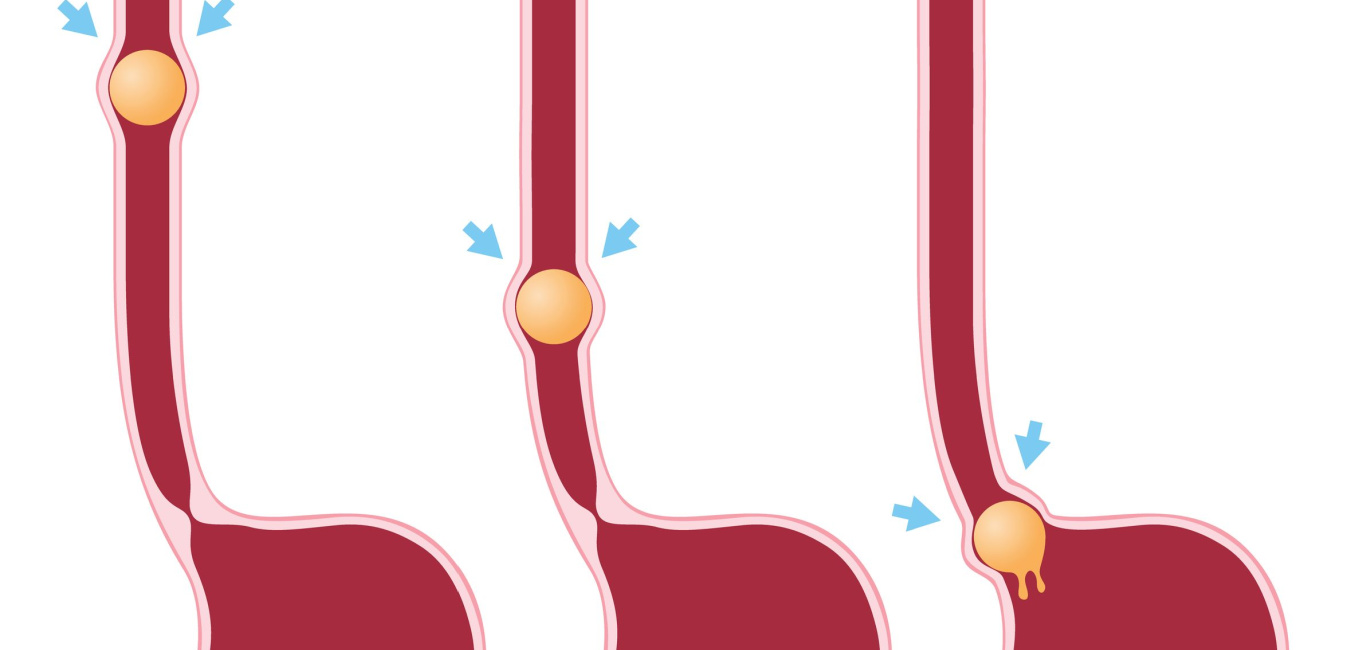
Diabetes and gastroesophageal reflux disease (GERD), commonly known as chronic acid reflux, are two medical conditions that can often be interconnected. People with unmanaged blood glucose levels are likely to experience frequent episodes of gastric complications. Though diabetes does not directly contribute to gastroesophageal conditions, most of its co-morbidities, mainly obesity, excess abdominal fat and nerve damage, could trigger frequent episodes of GERD.
What is GERD?
Frequent and severe bouts of acid reflux are diagnosed as GERD. Dr Sujoy Maitra, consultant gastroenterologist, Manipal Hospitals, Kolkata, says, “Ideally, the food we eat should go down through our esophagus, reach the stomach and get digested. But sometimes, the food gets pushed back into the esophagus from the stomach.” He adds that this reflux is the main reason for GERD.
The stomach secretes gastric acid, which helps break down food particles during digestion. The stomach lining can resist this, unlike your esophageal lining. According to Dr K Amilthan, senior consultant, general and laparoscopic surgery, Dr. Mehta’s Hospital, Chennai, when the food gets pushed backwards along with the stomach acid, the esophageal wall gets inflamed after coming in contact with the acid, and this triggers heartburn.
The flowback or reflux occurs because of the untimely loosening of the lower esophageal sphincter, which is a muscle that prevents food from flowing back up the esophagus. The sphincter should ideally contract once the food passes down into the stomach for digestion.
Link between acid reflux and diabetes
“The sphincter muscles are generally weaker in people with diabetes, especially those who are elderly, obese and lead a sedentary life. So, there are chances of frequent seepage of stomach acid into the esophagus,” says Dr Muthu Kumaran Jayapaul, consultant, endocrinology & diabetes, Fortis Malar Hospital, Chennai.
Dr Amilthan adds that GERD is mostly seen in people who are obese and don’t follow a proper diet.
Factors associated with diabetes that can lead to GERD include:
- Obesity: GERD is prevalent in people with obesity, especially those with excess abdominal fat. Excess abdominal fat is also a major cause of the onset of type 2 diabetes. “Excess abdominal fat causes the lower esophageal sphincter to become loose, which allows the stomach contents to go back up into the esophagus,” says Dr Maitra. Dr Amilthan explains that excess abdominal fat will cause an increased pressure within the abdominal cavity, which can lead to acid reflux.
- Diabetes medication: Dr Jayapaul explains that certain medications for diabetes could reduce the motility of the stomach and intestine. “Glucagon-like peptide (GLP-1) medications, which are now being used for diabetes, could lead to GERD,” says Dr Maitra.
- Nerve damage: Experts state that diabetes can cause nerve damage in the long run, which is called diabetic autonomic dysfunction. “This means that the valves between the food pipe and stomach may not function like they should. They become relaxed and loose, allowing the acid or bile in the stomach to come up in the reverse direction, leading to GERD,” says Dr Maitra.
Symptoms of GERD
Experts say that heartburn is a common symptom of GERD in people with diabetes. It could also mimic a heart attack.
Dr Jayapaul says that a prolonged feeling of fullness in the chest or even the upper abdomen could be a symptom of GERD. He adds that bloating and delayed digestion can also indicate GERD.
Preventing acid reflux in diabetics
According to experts, people with diabetes should take the following measures to prevent acid reflux:
- Having a healthy diet: Dr Maitra explains that it is best to avoid spicy and junk foods. He adds that avoiding or restricting the use of raw onions, grams, peanuts, cabbage, cucumber and garlic would be helpful in preventing acid reflux in diabetics.
- Avoiding overeating: “Overeating should be avoided. There should be a gap of five hours between every meal,” says Dr Amilthan. Excessive food consumption, especially those that take a longer time to digest, will increase stomach acid secretion.
- Consuming soothing foods: Dr Amilthan adds that you can eat certain cool foods like ice cream, as it will soothe the stomach and decrease the symptoms. Buttermilk is a good option as well. “Buttermilk will soothe your stomach mucosa and esophagus,” he adds.
- Using pillows: “Always keep your head slightly elevated (at least six inches) while sleeping,” says Dr Jayapaul. Dr Maitra adds that you should avoid lying down right after eating and not stoop forward.
- Maintaining proper time intervals: Dr Maitra says, “One should avoid drinking water right after dinner.” Dr Jayapaul explains that there should be a gap of at least two hours between having a meal and going to sleep.
Takeaways
- People with diabetes are more likely to be affected with GERD, where food mixed with stomach acid flows back up the food pipe.
- While diabetes does not directly contribute to gastroesophageal conditions, most of its co-morbidities, mainly obesity, excess abdominal fat and nerve damage, can trigger frequent episodes of GERD.
- GERD can cause irritation, heartburn and a prolonged feeling of fullness.
- For preventing acid reflux, people with diabetes should have a healthy diet, use pillows while sleeping and maintain a proper time interval between having a meal and going to bed.


















5 Responses
Digest problem
Pl.advise about medical treatment
Pet saaf Nahin ho raha hai pet dard ho raha hai
Thanks for this article.. It opens my eyes to see causes…..
I’m a type ii diabetes patient suffering from regular heartburn. I have been given prudict 1 and veloz 20 in addition to Glimulin 2 MF Forte and Dapanorm Trio (10/100/500). Pl advise.